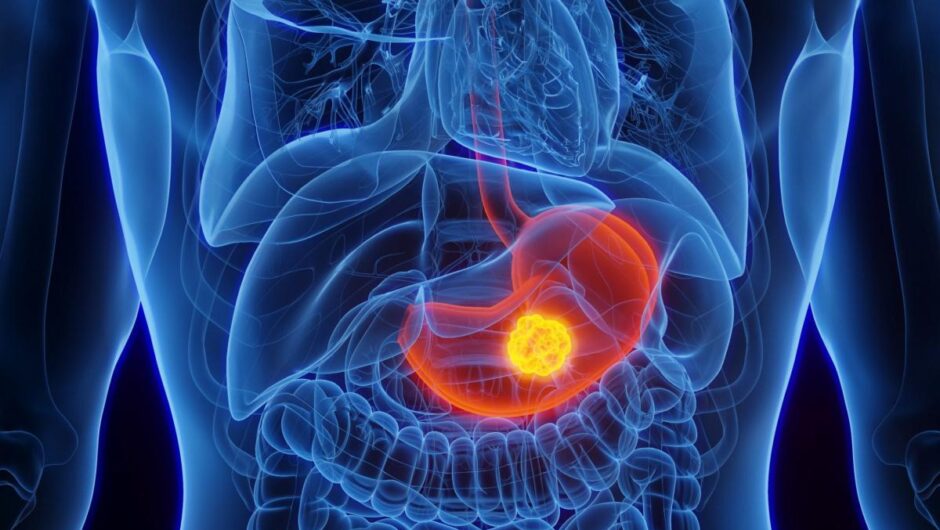[ad_1]
The NHS is to add a new symptom to the official list of what people may experience when they come down with the new coronavirus.
The key symptoms people have been told to watch out for are a new, persistent, dry cough and a fever.
Now a loss or changed sense of taste or smell are to be added to the NHS coronavirus symptoms list, weeks after experts first raised concerns that Covid-19 cases are being missed.
Anyone suffering loss of taste or smell – or a noticeable change – should now self-isolate for seven days to reduce the risk of spreading the infection, England’s deputy chief medical officer, Professor Jonathan Van-Tam, told reporters.
In a joint statement the UK’s chief medical officers, Dr Frank Atherton (Wales), Dr Michael McBride (Northern Ireland), Dr Gregor Smith (Scotland) and Professor Chris Whitty (England) said: “From today, all individuals should self-isolate if they develop a new continuous cough or fever or anosmia.
“Anosmia is the loss or a change in your normal sense of smell. It can also affect your sense of taste as the two are closely linked.
“We have been closely monitoring the emerging data and evidence on Covid-19 and after thorough consideration, we are now confident enough to recommend this new measure.
“The individual’s household should also self-isolate for 14 days as per the current guidelines and the individual should stay at home for seven days, or longer if they still have symptoms other than cough or loss of sense of smell or taste.”
The move means loss of smell or taste will now be listed alongside fever and cough as the main symptoms of Covid-19.
Prof Van-Tam told reporters it would mean 93% of cases where people have symptoms are now picked up, a rise from 91% previously.
It comes after a major study, published last week by Professor Tim Spector at King’s College London, found that people with a positive test result were three times more likely to report loss of smell and taste as a symptom than those who went on to test negative.
He heavily criticised the Government’s stance on Monday, saying infected people had been encouraged back to work due to a failure to track symptoms properly.
Prof Spector, head of the department of genetic epidemiology and leader of the Covid symptom study app at King’s, said 50,000 to 70,000 people in the UK with Covid-19 were currently not being told to self-isolate even though they had the virus.
He blamed Public Health England (PHE) and the wider strategy, saying an insistence that only fever and cough were the major symptoms was missing thousands of cases.
Until now, the NHS 111 coronavirus symptom checker has listed high temperature and cough as the symptoms of Covid-19.
Prof Van-Tam said on April 3 that the New and Emerging Respiratory Virus Threats Advisory Group (Nervtag) had looked at the issue and concluded loss of smell or taste should not be added to the symptom list.
But in the same month, ENT UK, the professional membership body representing ear, nose and throat surgery in the UK, published guidance to patients saying it believed loss of smell and loss of taste were symptoms of coronavirus and that it had shared these details with PHE.
The World Health Organisation (WHO) listed loss of smell and taste as “less common symptoms” several weeks ago and other countries, including the US, added the symptom.
On Monday, Prof Van-Tam said people should now watch out for a “loss of or change in your normal” sense of smell or taste.
He said it had been known for a while that people were reporting loss of smell and taste as symptoms but advisers had need to look at in detail.
He said the science around it had been difficult, adding that there had been variables around how common the symptom is and Nervtag “have been keeping a close eye on this for quite some time”.
He said there were some cases where the symptom appeared early on “but in many cases, it does not appear early”.
He said it was unclear whether or not loss of sense of taste and smell was acquired prior to other Covid-19 symptoms.
[ad_2]



